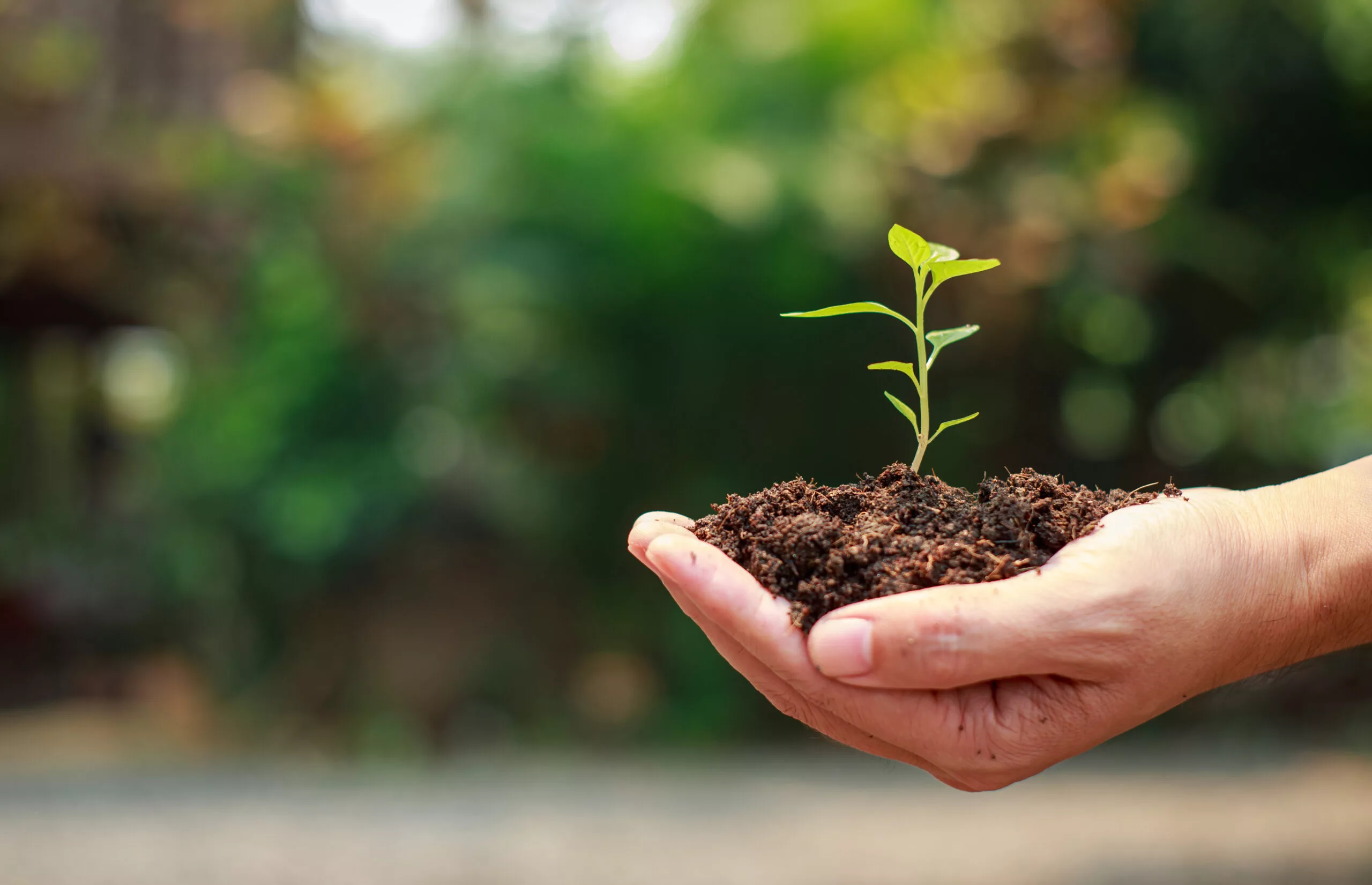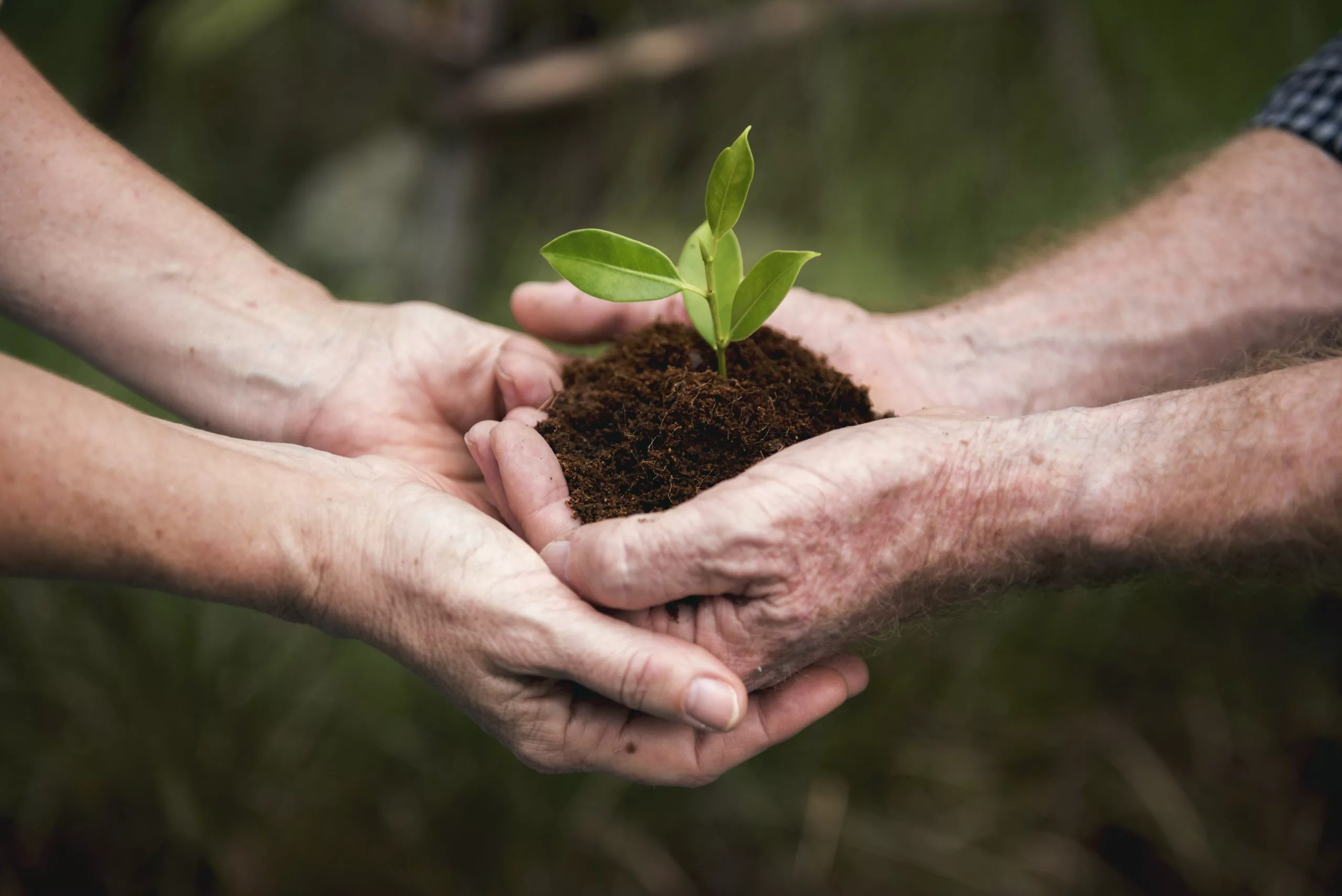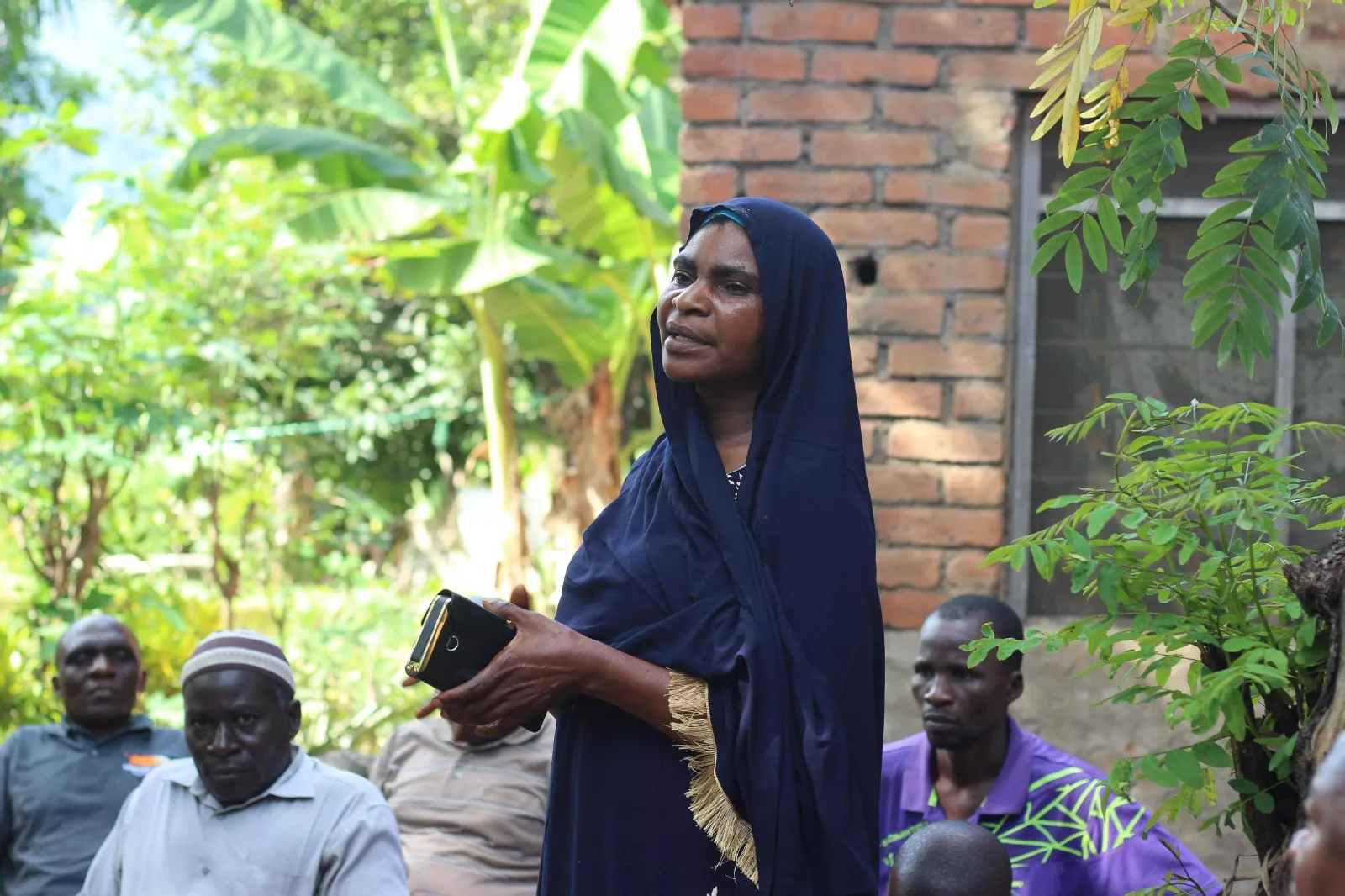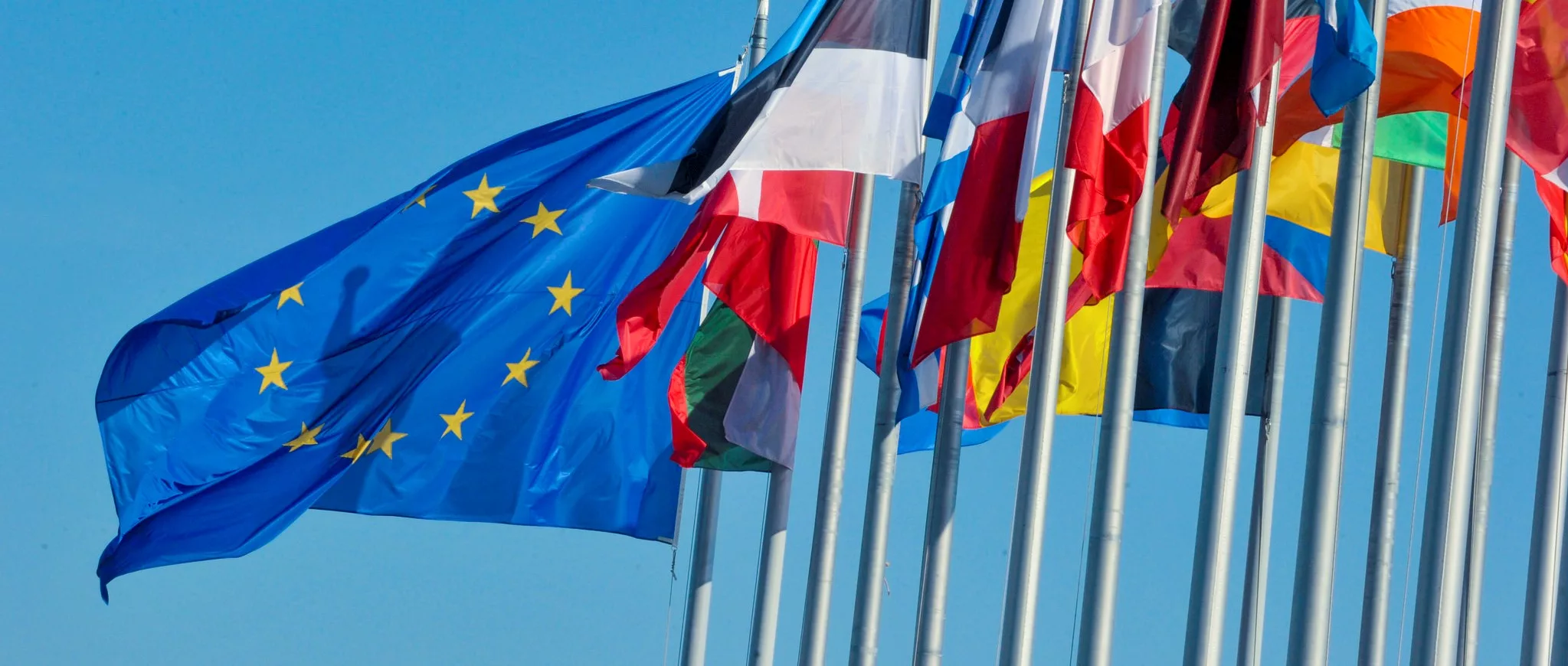
The European Commission allocate US$ 210.6 million in 2022 for the promotion of European Union agri-food sustainable products both globally and in the continent. The amount only includes European Comission investment on the topic, but each of 26 countries can dedicate more by their own.
The main focus is on promoting products and farming methods that support European Green Deal objectives, such as EU organic products, fruit and vegetables, sustainable agriculture, and animal welfare. The slogan is “Enjoy! It´s from Europe”.
For campaigns outside the EU, the Commission is targeting markets with high-growth potential, such as Japan, South Korea, Canada, Mexico and emerging markets.
The EU campaigns are expected to enhance the competitiveness and consumption of EU agri-food products, raise their profile, and increase their market share in third countries.
Out of the €185.9 million euros budget, Us$ 90.7 million are earmarked for promotion in third countries, including US$ 9.4 million for promotion programs for Canada, the USA and Mexico.
The EU´s Agriculture Commissioner, Janusz Wojciechowski, said that their promotion policy plays a key role in the transition towards sustainable food systems because demand for these products needs to grow towards a green transition.
“Our aim is to increase awareness of organic farming and more sustainable agricultural practices, coupled with the promotion of fresh fruits and vegetables, essential for healthy eating and balanced diets”, adds.
The 2022 work program focuses on campaigns that align with the ambitions of the European Green Deal and support objectives from the Farm to Fork strategy, Europe’s beating cancer plan, and the EU organic action plan.
As a result, budget lines are earmarked for projects that promote organic products, increase awareness of the EU’s rules for sustainable agriculture and animal welfare, or increase consumption of fresh fruit and vegetables in the EU. A novel development this year is that the campaign’s visual promotion materials will have to refer to the food-based dietary guidelines of the targeted EU country.

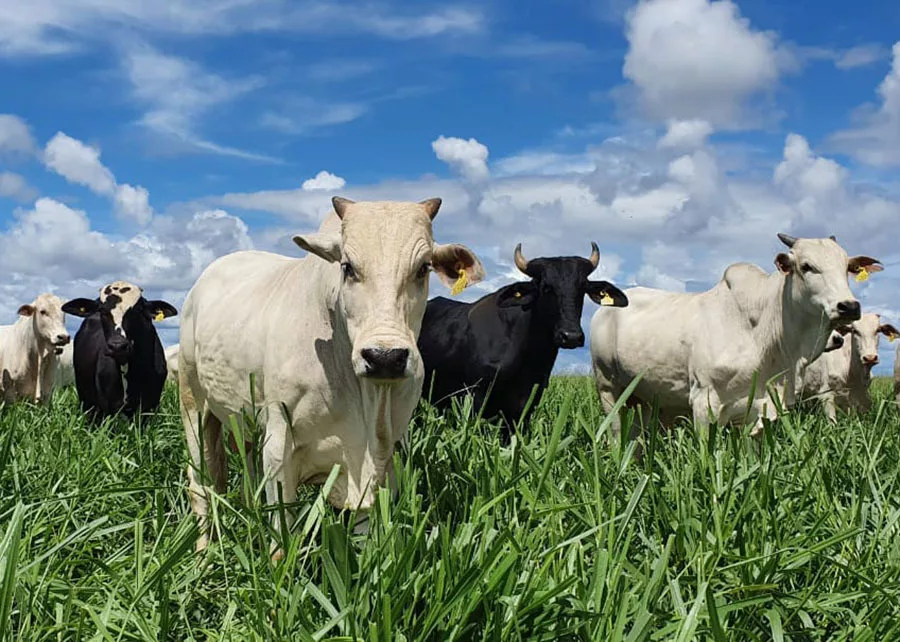
![24 Dec. 2023- Shirqat – Iraq – Ahmed Turki Naif, One of the beneficiaries of the training courses on modern agricultural methods in Shirqat is married and a father of two daughters, benefited from the project by adopting pivot sprinklers and drip farming after benefiting from the training course. his fealed work is growing barley, […] 24 Dec. 2023- Shirqat – Iraq – Ahmed Turki Naif, One of the beneficiaries of the training courses on modern agricultural methods in Shirqat is married and a father of two daughters, benefited from the project by adopting pivot sprinklers and drip farming after benefiting from the training course. his fealed work is growing barley, […]](https://planetacampo.canalrural.com.br/wp-content/uploads/sites/9/2025/02/undp_iq_dsc06266-scaled-1.webp)
